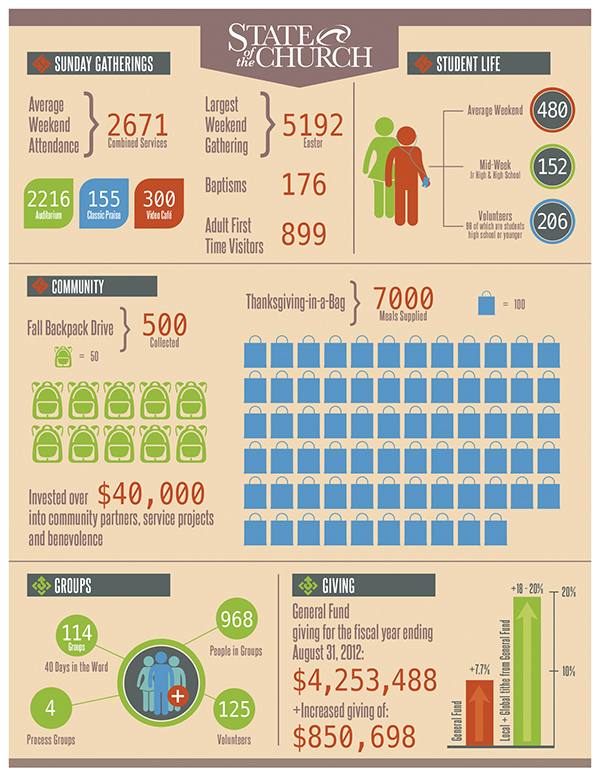Reveal The Fascinating History Of Catholic Schools And Their Deep Result On Education-- Could Their Practices Give Insights For Future Knowing?
Reveal The Fascinating History Of Catholic Schools And Their Deep Result On Education-- Could Their Practices Give Insights For Future Knowing?
Blog Article
Authored By-Rytter Nolan
When you take into consideration the history of education and learning, Catholic schools stand apart for their ingrained practices and long-term impact. These establishments started as a way to instill belief and values, yet they've adjusted remarkably over centuries. Today, they play a crucial duty in shaping not just academic success but likewise moral integrity. What's intriguing is exactly how they have actually taken care of to grow amidst changing cultural landscapes, questioning regarding their future significance and impact.
The Beginnings of Catholic Education And Learning: A Historic Viewpoint
Catholic education traces its origins back over 1,500 years, when very early Christian areas recognized the need for structured understanding. You'll discover that these areas intended to hand down their faith and worths via education and learning.
Monasteries and basilica institutions came to be facilities of knowing, nurturing both spiritual and intellectual development. As you delve deeper, you'll see that the educational program frequently consisted of ideology, faith, and the liberal arts, designed to create versatile people.
In https://www.liveinternet.ru/users/petersson_eriksen/post511448657 , the Church established a lot more formal establishments, making certain that education and learning remained accessible to all. The dedication to mentor ethical worths and fostering a sense of community has actually lingered via the centuries, forming the instructional landscape and affecting plenty of lives worldwide.
This long-lasting tradition continues to motivate Catholic education today.
The Evolution of Catholic Institutions Through Cultural Contexts
As societies advanced, so did the duty of Catholic institutions, adjusting to the social contexts in which they existed. In https://baptistnews.com/article/prominent-atlanta-church-announces-property-deal-that-will-fund-a-relaunch-and-a-missions-and-ministry-endowment/ , these establishments concentrated primarily on religious direction, however as areas diversified, they began to integrate neighborhood languages, personalizeds, and instructional demands.
You would certainly notice that Catholic institutions usually became centers for social communication, cultivating a sense of belonging among pupils from different histories. In numerous areas, they attended to social problems, such as poverty and discrimination, by offering available education and learning for all.
As you explore different societies, you'll see just how Catholic institutions have actually changed their educational program and training techniques, reflecting the worths and difficulties of their environments while remaining true to their fundamental goal of faith and academic quality.
The Modern Duty and Influence of Catholic Schools in Culture
In today's globe, Catholic institutions play a vital function in shaping not just the instructional landscape, however likewise the more comprehensive neighborhood.
You'll discover that these organizations highlight worths like respect, empathy, and social justice, promoting all-round individuals who add positively to culture. By concentrating on scholastic quality and moral growth, Catholic colleges prepare pupils for future difficulties, supporting important reasoning and leadership skills.
They usually serve diverse populations, linking gaps in access to quality education. Furthermore, you may discover their commitment to solution, urging trainees to engage in area outreach and volunteer job.
This blend of education and learning and ethical advice makes Catholic schools a considerable force, growing responsible citizens that can affect their areas for the better.
Final thought
To conclude, Catholic institutions have a rich background that's formed their enduring effect on society. You've seen just how they've adjusted to different cultural contexts while keeping a commitment to confidence, values, and academic excellence. Today, they continue to play an important role in cultivating community, promoting social justice, and nurturing liable people. As you assess their legacy, it's clear that Catholic schools continue to be an effective pressure for favorable adjustment worldwide.
